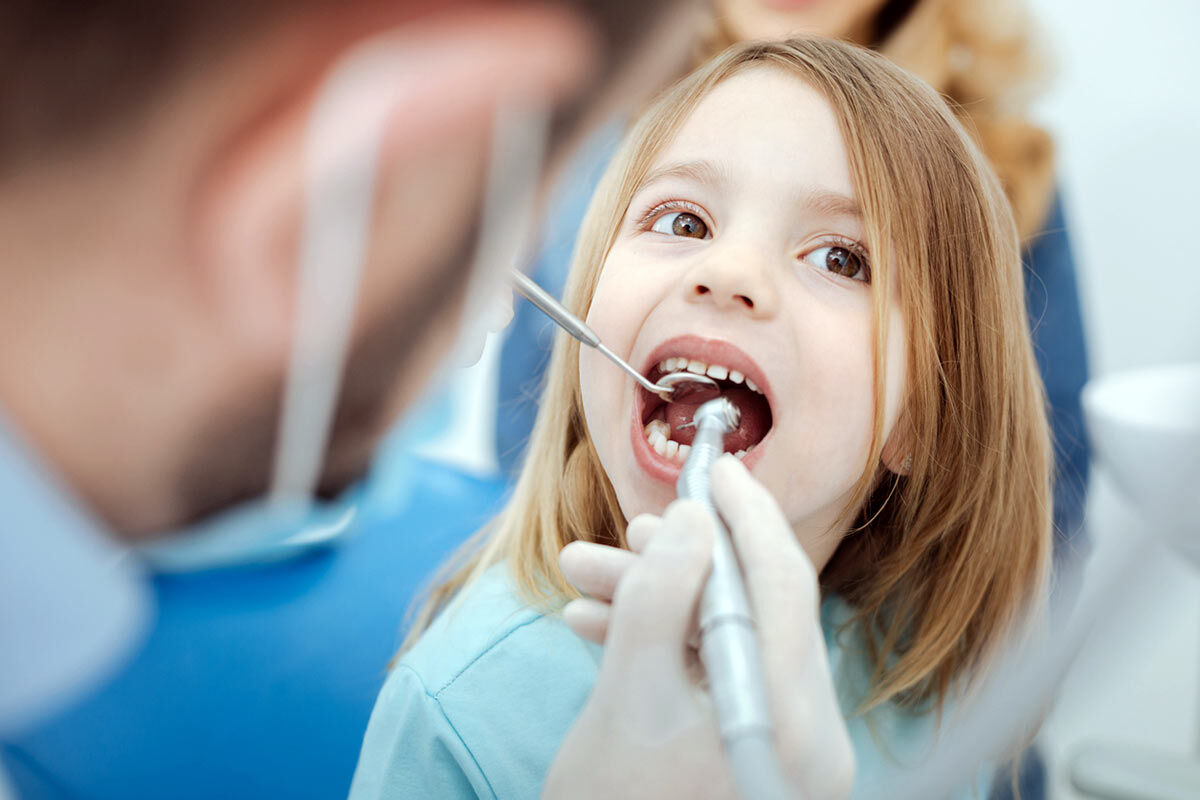Early childhood caries (ECC) is now the most common chronic early childhood disease in the United States.

If you’ve had your young child to the dentist and have discovered that he or she has a cavity, you may be wondering if you should hassle with having it filled. You may reason that since the tooth is going to fall out anyway, there’s no need to worry about it.
Why You Should Have Baby Teeth Filled
Although it might be tempting just to let a baby’s tooth cavity go untreated, it is not a good thing to do. Cavities result from tooth decay, which can be both the result of genetics or of poor dental hygiene. The more porous a tooth is, the more likely it is to succumb to tooth decay. When your child has teeth with more or deeper ridges, it can predispose them to bacteria resting on the surface of the teeth, which can lead to tooth decay.
Although they are called “baby teeth,” there is no set time when children lose them. For some children, so-called baby teeth can last until they are 12 or 13. Tooth decay is an infection. If you don’t get rid of the decay, then it is likely to spread to the teeth surrounding the cavity – which can lead to some serious issues down the line. If you don’t address a cavity when your child is young because you assume that they are going to lose the tooth anyway, it might cause damage to the permanent teeth around it.
Other consequences that can come from not addressing baby tooth decay are that the tooth can become sensitive and cause pain when chewing. That might make your child avoid chewing in certain areas of their mouth, which can lead to misalignment of the jaw. It can also stop them from speaking properly if they are trying to avoid their tongue pushing up against the necessary teeth used to make different sounds.
Exceptions to the Rule
Through a process called remineralization, some small cavities can possibly repair themselves. If the cavity is caught when it has just started, your dentist can give you some tips so that you can better care for your child’s teeth and perhaps prevent the cavity from growing.
In addition, the dentist may be able to determine that the tooth is close to falling out and, therefore, may not be necessary to fill it.
Ensuring Good Oral Habits
It is important to introduce your child to good oral habits at a very early age. According to a report by the American Academy of Pediatric Dentists, by age 5, nearly 60% of children in the U.S. will have experienced some level of tooth decay. The report goes on to state that “Caries among young children, or early childhood caries (ECC), is a particularly rapid form of tooth decay. ECC was once called baby bottle tooth decay since a key cause of the disease is putting children to bed with a bottle of juice or milk. ECC is now the most common chronic early childhood disease in the United States; for instance, ECC is five times more common than asthma.”
